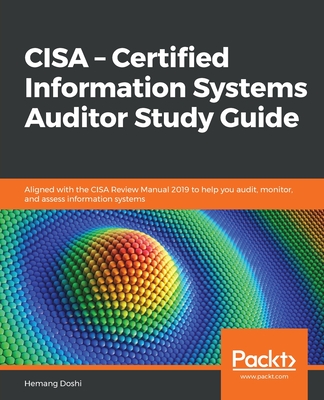Principles of Knowledge Auditing: Foundations for Knowledge Management Implementation
Lambe, Patrick
- 出版商: MIT
- 出版日期: 2023-05-02
- 售價: $2,050
- 貴賓價: 9.5 折 $1,948
- 語言: 英文
- 頁數: 424
- 裝訂: Quality Paper - also called trade paper
- ISBN: 0262545039
- ISBN-13: 9780262545037
-
相關分類:
管理與領導 Management-leadership
海外代購書籍(需單獨結帳)
相關主題
商品描述
A comprehensive theoretical and practical guide to the operating principles of knowledge auditing, illustrated with numerous case studies. A knowledge audit provides an "at a glance" view of an organization's needs and opportunities. Its purpose is to improve an organization's effectiveness through a better understanding of the dynamics and levers of knowledge production, access, and use. However, this developing field is hampered by the lack of a common language about the origins and nature of knowledge auditing. In Principles of Knowledge Auditing, Patrick Lambe integrates the theory and practices of the field, laying out principles and guidelines for a clearer and more pragmatic approach to knowledge auditing that makes it more accessible to practitioners and researchers. Lambe examines knowledge auditing in the context of the development of communications, information, and knowledge management in the twentieth century. He critiques and clarifies ambiguities in how knowledge audits are approached and described, as well as how the results are conveyed within organizations. He discusses the benefits and risks of knowledge management standards. Knowledge auditors, he says, need a common frame of reference more than they need standards. Standards have their uses, but they provide only markers and sign posts and are poor representations of the richness of the landscape. He concludes with a set of guiding principles for practitioners.
作者簡介
Patrick Lambe is Principal Consultant at Straits Knowledge. He is the author of Organising Knowledge: Taxonomies, Knowledge and Organisational Effectiveness and coauthor of the award-winning The Knowledge Manager's Handbook: A Step-by-Step Guide to Embedding Effective Knowledge Management in Your Organization.




























.jpg)

